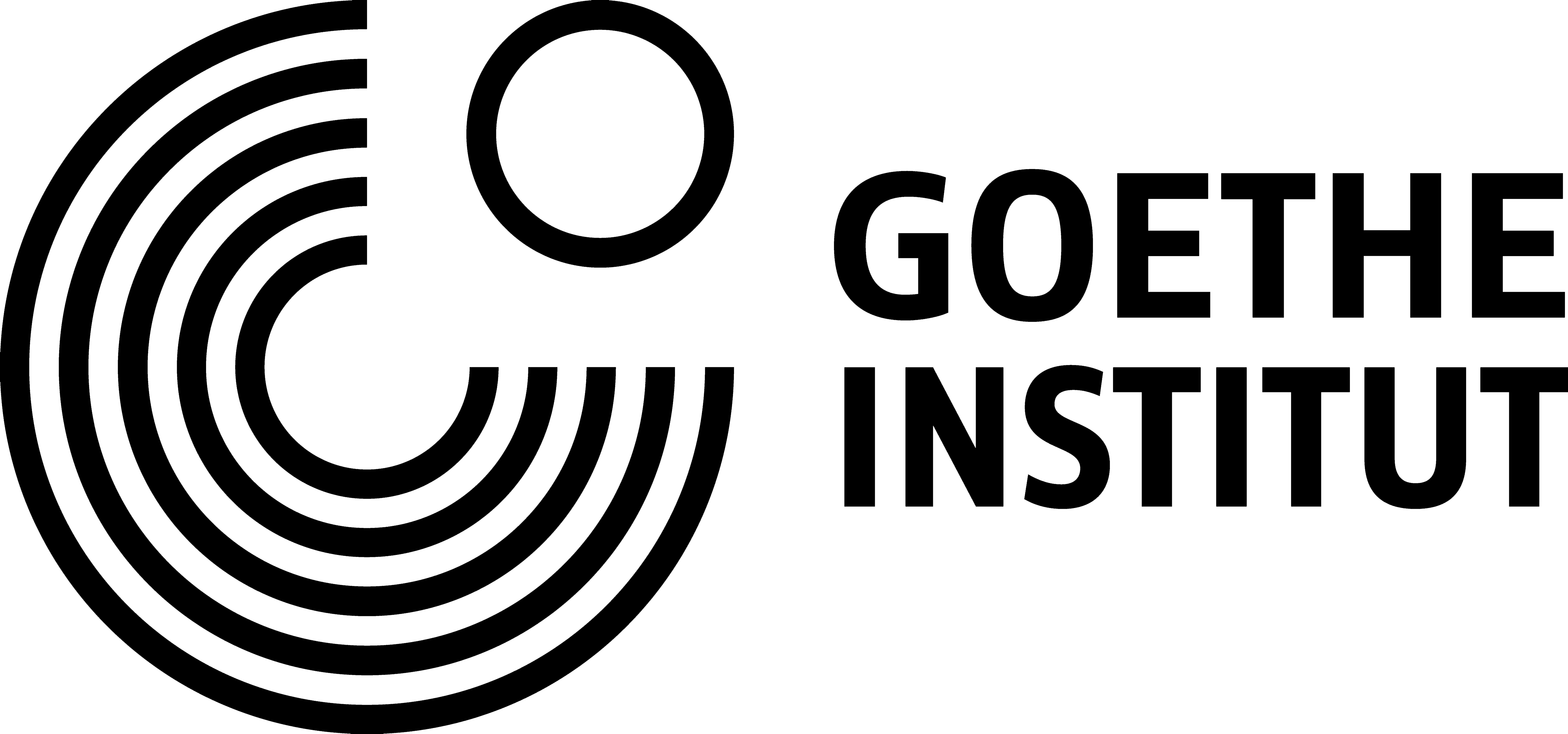Reviving the Sacred:
Harnessing Indigenous Traditions like Wayyuu for a Feminist Future
Fayo Said
Project Description
This project explores the concept of wayyuu, a moral and spiritual framework central to Oromo culture, and examines its potential to inform feminist practice and women*s rights advocacy in Africa. Wayyuu, often described as a sacred, revered state, governs how individuals and communities relate to one another with respect and balance. It embodies a code of conduct that elevates respect for women*, nature, and societal harmony. In Oromo culture, wayyuu is often associated with women*, who are considered the bearers of this sacred role. However, in practice, this reverence for women* can be paradoxically tied to their submission to patriarchal structures, where they are both elevated and confined.
By revisiting wayyuu and other cultural frameworks in African societies, this project examines how indigenous traditions can both reinforce and challenge gender inequalities. It will critically engage with how the colonial and post-colonial periods have shaped gender relations and how reclaiming cultural traditions like wayyuu can offer new pathways for achieving gender equity.
The project will be presented through a written essay, supported by artistic visual and audio elements, that reinterprets wayyuu within the context of African feminisms. It aims to inspire a re-examination of indigenous practices as dynamic sources for feminist thought and action. By centering the experiences of women* in Africa, especially in Ethiopia and the Horn of Africa, the project will connect the struggles for gender equality to both historical and contemporary contexts.
This project explores the concept of wayyuu, a moral and spiritual framework central to Oromo culture, and examines its potential to inform feminist practice and women*s rights advocacy in Africa. Wayyuu, often described as a sacred, revered state, governs how individuals and communities relate to one another with respect and balance. It embodies a code of conduct that elevates respect for women*, nature, and societal harmony. In Oromo culture, wayyuu is often associated with women*, who are considered the bearers of this sacred role. However, in practice, this reverence for women* can be paradoxically tied to their submission to patriarchal structures, where they are both elevated and confined.
By revisiting wayyuu and other cultural frameworks in African societies, this project examines how indigenous traditions can both reinforce and challenge gender inequalities. It will critically engage with how the colonial and post-colonial periods have shaped gender relations and how reclaiming cultural traditions like wayyuu can offer new pathways for achieving gender equity.
The project will be presented through a written essay, supported by artistic visual and audio elements, that reinterprets wayyuu within the context of African feminisms. It aims to inspire a re-examination of indigenous practices as dynamic sources for feminist thought and action. By centering the experiences of women* in Africa, especially in Ethiopia and the Horn of Africa, the project will connect the struggles for gender equality to both historical and contemporary contexts.
Media Used
➔ Written Work (Core Component): A approximately 2000-word essay that
intertwines feminist theory, cultural analysis, and artistic storytelling. The essay will
examine wayyuu within the broader context of African feminism, providing both a
critical and celebratory view of the tradition.
➔ Montaged Visuals: A series of images and videos will be compiled and edited from archival footage and family archives, including photographs and cultural symbols related to Oromo traditions and wayyuu. These visuals will be creatively montaged to reflect the themes of reverence, empowerment, and gender justice.
➔ Short Video: A 3-5 minute video incorporating archival materials, such as traditional Oromo ceremonies, rituals, and interviews (if available), will be edited into a compelling narrative. This short film will act as both a visual essay and a call to action, challenging audiences to rethink traditional customs as vehicles for gender equity.
➔ Optional Audio Component: A 2-3 minute audio piece that features excerpts from Oromo oral storytelling traditions or poetry, providing an auditory glimpse into the cultural context of wayyuu. This audio will be integrated with
➔ Montaged Visuals: A series of images and videos will be compiled and edited from archival footage and family archives, including photographs and cultural symbols related to Oromo traditions and wayyuu. These visuals will be creatively montaged to reflect the themes of reverence, empowerment, and gender justice.
◆ These archival visuals will be recontextualized, edited artistically to evoke the power and sacredness of wayyuu and its potential for feminist advocacy.
➔ Short Video: A 3-5 minute video incorporating archival materials, such as traditional Oromo ceremonies, rituals, and interviews (if available), will be edited into a compelling narrative. This short film will act as both a visual essay and a call to action, challenging audiences to rethink traditional customs as vehicles for gender equity.
◆ The video will use voiceover narration to link the written work with the visuals, offering a poetic and immersive experience.
➔ Optional Audio Component: A 2-3 minute audio piece that features excerpts from Oromo oral storytelling traditions or poetry, providing an auditory glimpse into the cultural context of wayyuu. This audio will be integrated with
Relevance and Engagement with African Feminisms
This project offers a fresh perspective on African feminisms by reconnecting traditional wisdom with contemporary rights advocacy. By reinterpreting wayyuu through a feminist lens, it critiques the marginalization of indigenous practices in the face of globalization, modernity, and external cultural influences, while celebrating their resilience and potential for gender equity. The work challenges the stereotype of African traditions as solely patriarchal, revealing underexplored possibilities for empowerment. Rooted in indigenous knowledge systems, it invites a pan-African dialogue on how cultural heritage can inspire feminist futures, contributing to a more equitable and culturally grounded vision of women*s rights across the continent.
This project offers a fresh perspective on African feminisms by reconnecting traditional wisdom with contemporary rights advocacy. By reinterpreting wayyuu through a feminist lens, it critiques the marginalization of indigenous practices in the face of globalization, modernity, and external cultural influences, while celebrating their resilience and potential for gender equity. The work challenges the stereotype of African traditions as solely patriarchal, revealing underexplored possibilities for empowerment. Rooted in indigenous knowledge systems, it invites a pan-African dialogue on how cultural heritage can inspire feminist futures, contributing to a more equitable and culturally grounded vision of women*s rights across the continent.

Fayo Said
EN
Fayo Said is an interdisciplinary artist and artistic researcher from Amsterdam and Oromia (Ethiopia), working at the intersection of visual culture, archival practices, and African and Afro-diasporic memory. Her work centers on reclaiming and reactivating African archives—particularly from Oromia—through artistic research, exhibition-making, and cultural production.
FR
Fayo Said est une artiste interdisciplinaire et chercheuse artistique originaire d'Amsterdam et d'Oromia (Éthiopie), qui travaille à la croisée de la culture visuelle, des pratiques archivistiques et de la mémoire africaine et afro-diasporique. Son travail consiste principalement à récupérer et à réactiver les archives africaines, en particulier celles d'Oromia, à travers la recherche artistique, la création d'expositions et la production culturelle.
PT
Fayo Said é uma artista e investigadora interdisciplinar dos Países Baixos e de Oromia, na Etiópia. O seu trabalho e investigação centram-se nos arquivos africanos e afro-diaspóricos, bem como na cultura material e visual, com particular ênfase no Corno de África. Através da sua prática artística, Fayo explora as complexidades da memória cultural, da identidade e da intersecção entre a história e a arte contemporânea. Tem uma licenciatura em Estudos Internacionais (especialização em África) pela Universidade de Leiden. É fluente em oromo, inglês e neerlandês e tem uma proficiência intermédia em alemão e francês.


